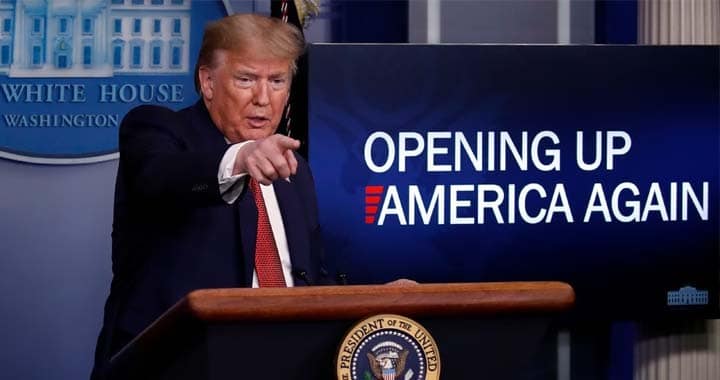U.S. President Donald Trump has claimed that the United States “could have easily won” the war in Afghanistan, blaming political restraint for preventing a decisive military victory and reiterating his intention to regain access to the Bagram Air Base once America’s largest military installation in the country.
Speaking at a ceremony marking the 250th anniversary of the U.S. Navy in Virginia, Trump said that America had the capability to win any conflict but had chosen restraint for political reasons. “We could have easily won in Afghanistan. We could have easily won any war. But politically, we did the right thing,” he told the audience. “Now we’re winning again. We no longer want to be politically correct, and history will never look kindly on that period.”
Trump also revisited the 2011 U.S. operation that killed al-Qaeda chief Osama bin Laden, reminding the crowd, “Do you remember Osama bin Laden? One bullet to the head.” He further claimed that he had warned U.S. officials to monitor bin Laden a year before the September 11 attacks.
The former president’s remarks have renewed debate over his views on U.S. military engagement in Afghanistan. In recent weeks, Trump has repeatedly stated that Washington intends to regain access to Bagram Air Base, which was vacated following the U.S. withdrawal in 2021. “We’re working to bring American forces back to Bagram,” he told reporters last Thursday, fuelling speculation about a potential shift in U.S. strategic posture.
The Taliban reacted sharply to Trump’s comments. The group’s military chief, Fasihuddin Fitrat, vowed that the Taliban “will not give up even an inch of Afghan soil” to any foreign power, while Deputy Intelligence Chief Tajmir Jawad warned that the group would “resume suicide attacks” if any foreign troops attempted to return.
Analysts say Trump’s repeated assertions regarding Bagram have raised concerns among regional powers and diplomats about the risk of renewed instability in Afghanistan. Observers fear that such rhetoric could further strain already fragile relations between Washington and Kabul’s de facto rulers.
Nearly four years after the American withdrawal, Trump’s latest statement highlights the enduring complexity of U.S.-Afghanistan relations — a relationship still shaped by mistrust, competing narratives of victory and loss, and the shadow of a war that continues to influence regional geopolitics.





